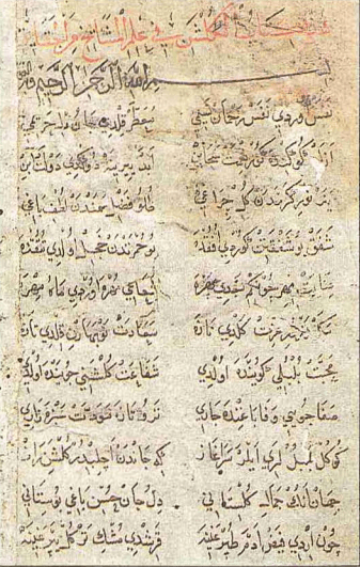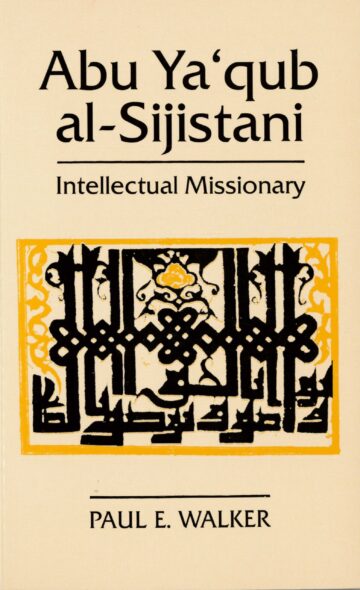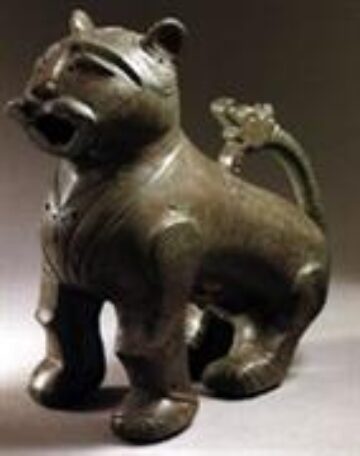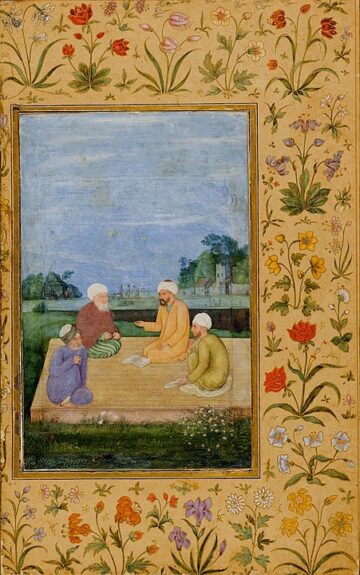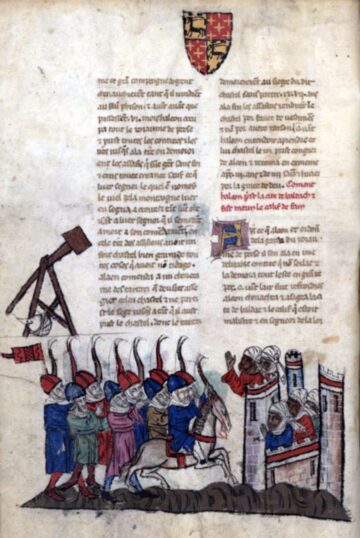Keywords: Shi‘a, Umayyad, Karbala, allegiance (baya), ‘Alid, pilgrimage, Ashura, rawzeh-khani, martyrdom, ta’ziyya, Husayniyah.
Abstract: Imam Husayn was born in Medina in 626 CE and, as a child, is believed to have been held in great affection by the Prophet Muhammad. As a young man, he participated in the work of his father, Imam ‘Ali , including in his military campaigns.
After the death of his father in 661 CE and the accession to power of Muawiyah, Imam Husayn maintained a low profile and, although dismissive of the usurpation of power by Muawiyah, did not seek to foment open rebellion. However, when Muawiyah sought to impose his son Yazid as successor and thereby to institutionalise the rule of the Umayyad dynasty, Imam Husayn declined to offer allegiance (baya). He was approached by the people of Kufa to oppose Yazid and accept the mantle of leadership, which they believed was his right. In response to their call, Imam Husayn—together with a small band of followers and members of his family—left Mecca for Kufa.
On his way, he learned of the executions of some of his closest supporters by the Umayyads and decided to urge those from his group who were not willing to put their lives at risk to voluntarily depart. He continued on his way to Kufa with the rest of the group, camping at a place called Karbala. In the meantime, a contingent from Yazid’s army of about four thousand members arrived at the scene and ordered the small band to acknowledge Yazid’s authority while also cutting off their access to the river for water.
Author

Professor Wilferd Madelung
A leading contemporary Islamicist, Professor Wilferd Madelung has made significant contributions to modern scholarship on mediaeval Islamic communities and movements, including Twelver Shi’ism, Zaydism and Ismailism. Educated at the Universities of Cairo and Hamburg, he became Professor of Islamic Studies at the University of Chicago in 1969 and the Laudian Professor of Arabic at the University of Oxford from 1978.
Among his recent publications are Religious Schools and Sects in Mediaeval Islam (London, 1985), Religious Trends in Early Islamic Iran (Albany, NY, 1988), Religious and Ethnic Movements in Mediaeval Islam (Hampshire, 1992), The Succession to Muhammad: A Study of the Early Caliphate (Cambridge, 1997), and with Paul E. Walker An Ismaili Heresiography (Leiden, 1998). He has contributed extensively to The Encyclopaedia of Islam, Encycopaedia Iranica of which he is also a Consulting Editor, and learned journals.


